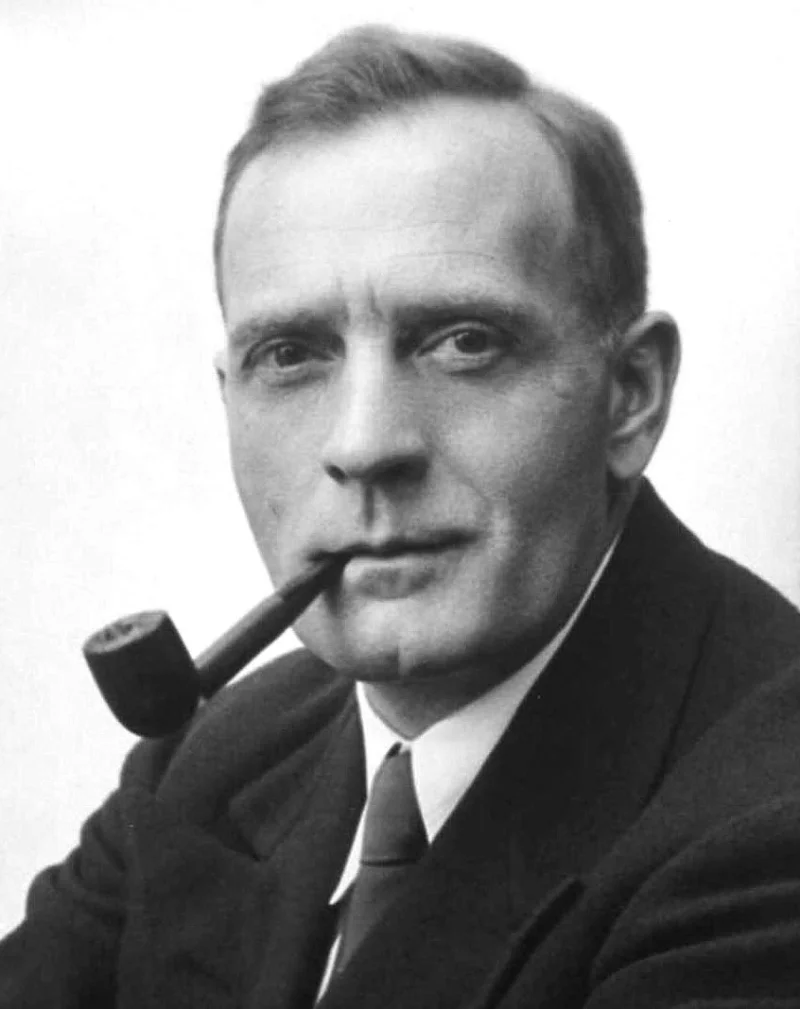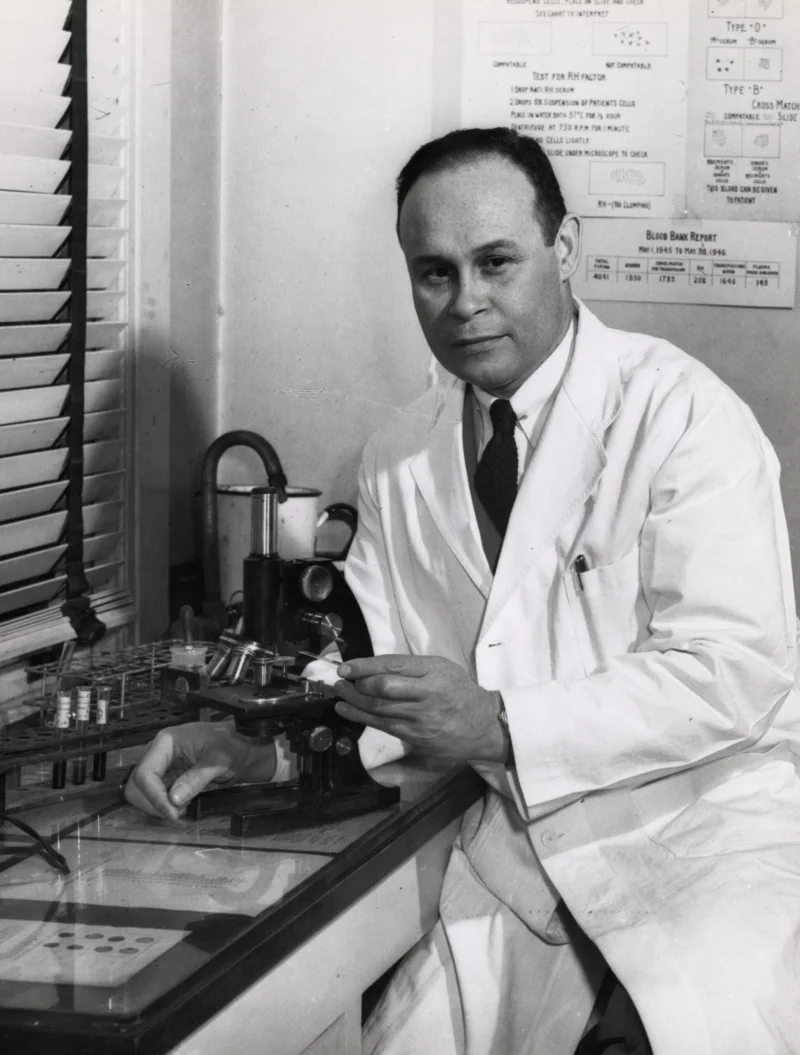Short Summary
Edwin Hubble was a pioneering American astronomer whose work fundamentally changed our understanding of the universe. He is best known for discovering that the universe is expanding, which provided key evidence for the Big Bang theory. Hubble's observations of distant galaxies led to the formulation of Hubble's Law, establishing a linear relationship between a galaxy's distance and its velocity. His contributions have made him a central figure in cosmology, and his legacy endures in the field of astronomy.
Early Life & Education
Edwin Powell Hubble was born on November 20, 1889, in Marshfield, Missouri, to John Powell Hubble and Virginia Lee James. His family moved to Chicago, where he developed an early interest in science and astronomy. Hubble attended the University of Chicago, where he focused on mathematics and astronomy, earning his undergraduate degree in 1910. He furthered his studies at the University of Oxford as a Rhodes Scholar, gaining a degree in jurisprudence. Despite this diversion, he continued to pursue his passion for astronomy and returned to the field, eventually earning a Ph.D. from the University of Chicago in 1917.
Career Highlights
Hubble began his career at the Mount Wilson Observatory in California, where he had access to the most powerful telescope in the world at the time. In 1923, he made a groundbreaking discovery of individual stars in the Andromeda Nebula, proving that it was a separate galaxy outside of the Milky Way. This finding significantly expanded the known universe. In 1929, Hubble formulated Hubble's Law, demonstrating that galaxies are moving away from each other, indicating an expanding universe. His work laid the foundation for modern cosmology and influenced generations of astronomers and physicists.
Major Achievements
- Identified individual stars in the Andromeda Nebula, proving it was a separate galaxy.
- Formulated Hubble's Law, establishing that the universe is expanding.
- Played a significant role in the development of extragalactic astronomy.
- Contributed to the classification of galaxies by shape, known as the Hubble Sequence.
Famous Quotes
- "Equipped with his five senses, man explores the universe around him and calls the adventure Science."
- "The history of astronomy is a history of receding horizons."
Interesting Facts
- Hubble was a talented athlete and excelled in track and field during his college years.
- He served in the U.S. Army during World War I and was promoted to the rank of major.
- The Hubble Space Telescope, launched in 1990, was named in his honor.
- Hubble initially studied law before returning to his true passion, astronomy.
- His research led to the discovery of thousands of galaxies beyond the Milky Way.
Legacy / Influence
Edwin Hubble's work revolutionized the field of astronomy and our understanding of the universe. His discoveries laid the groundwork for the Big Bang theory and changed the way scientists view the cosmos. The Hubble Space Telescope continues to provide valuable insights into the universe, honoring his legacy and contributions to science. Hubble’s influence persists as astronomers build on his foundational work to explore the mysteries of space.
FAQ
Q: Why is Edwin Hubble famous?
A: He is famous for discovering that the universe is expanding and for formulating Hubble's Law.
Q: What was Edwin Hubble's major contribution to astronomy?
A: His major contribution was proving that galaxies exist outside the Milky Way and demonstrating the universe's expansion.
Q: What is named after Edwin Hubble?
A: The Hubble Space Telescope is named in his honor, recognizing his contributions to astronomy.












